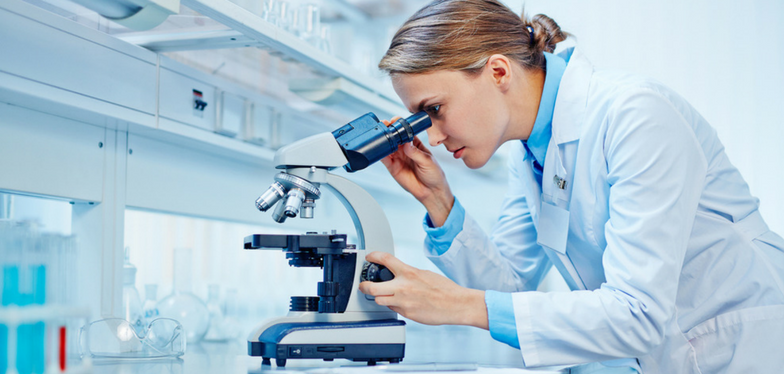UCL discovers a world's first in inflammatory diseases
Inflammation is a common phenomenon: it is the immune system's reaction to a pathogen (a bacterium or virus) or tissue damage (injuries, burns) to restore things to normal. Not all processes involved have been identified. Two research teams at the Université catholique de Louvain (UCL) have managed to track down a third process with the help of an atomic force microscope.

UCL researchers recently published two world's first discoveries in the American scientific journal Cell Chemical Biology. They were able to expose an intracellular process involved in inflammation. They demonstrated how certain alarmins, which alarm the body to cause a reaction, trigger a cellular response to cause inflammation. They went on to discover that certain cells stiffen up during this process, which can be a significant breakthrough in better understanding the processes that are involved in cardiovascular diseases.
How do damaged cells react during inflammation to repair tissue? When cells are damaged, molecules are expelled. Underneath there are so-called peroxiredoxins that attach themselves to certain substances on the cell's surface, causing the release of inflammatory cytokines. But this causes the cells to stiffen up. Repeated inflammations increase the risk of a stroke or heart attack. It is therefore key to tackle inflammation in order to prevent these diseases.